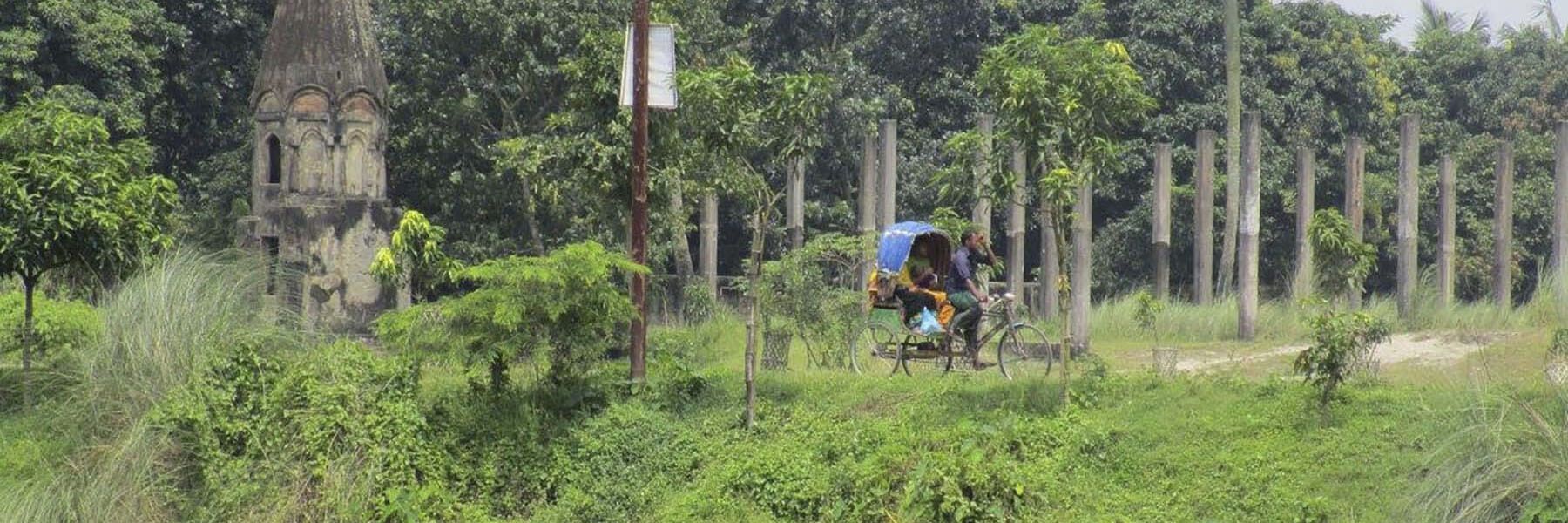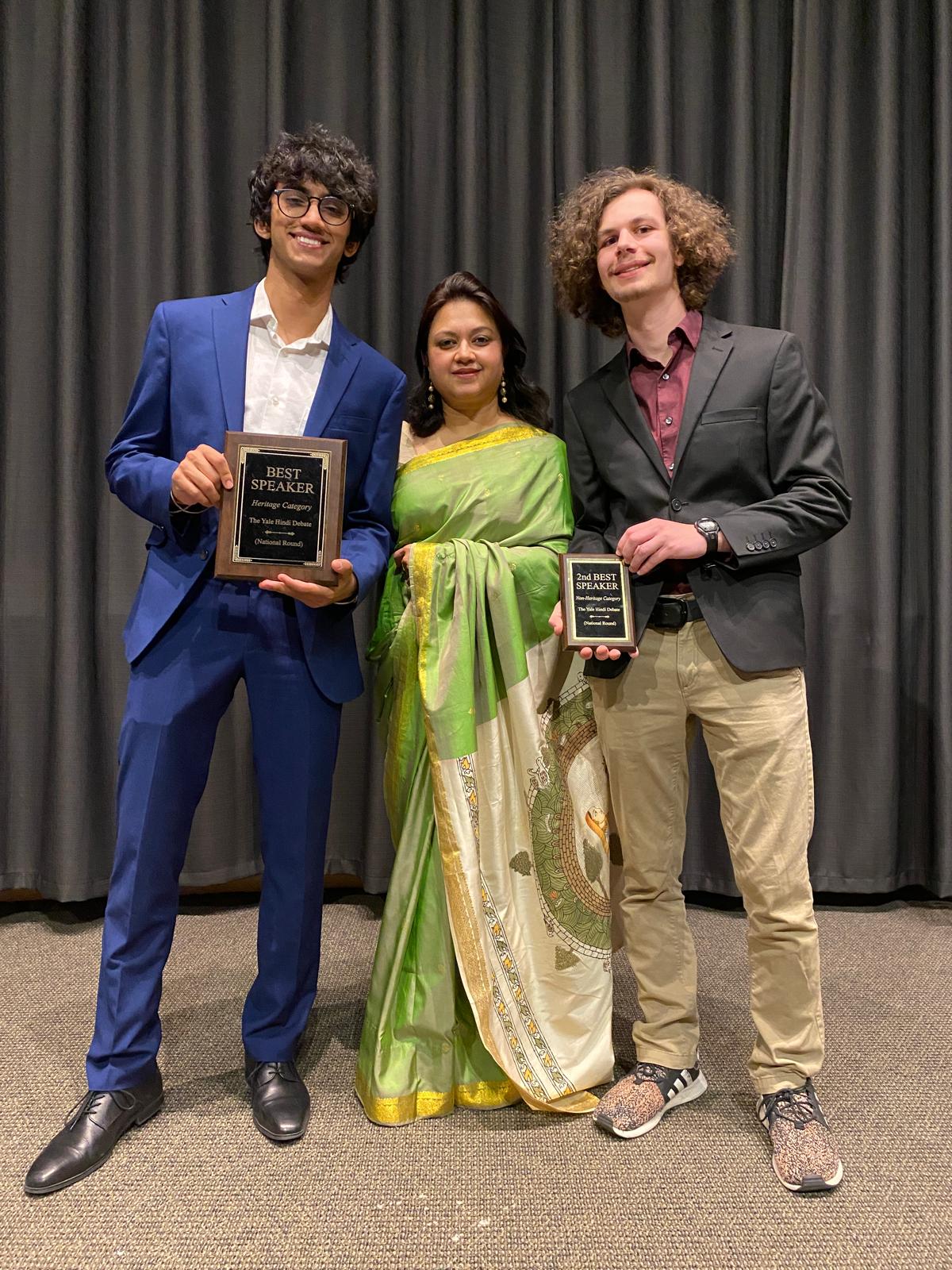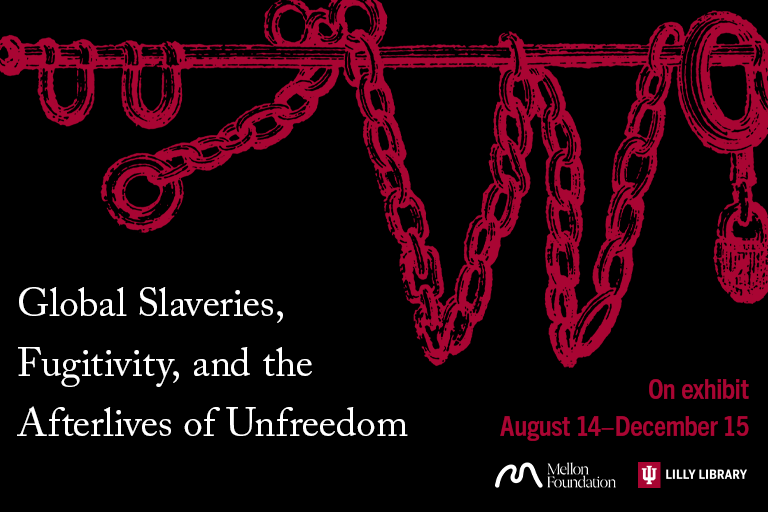Description of the video:
0:07 AIIS is different in that it's very
0:10 particularly geared toward people who
0:12 are entering a profession that requires
0:14 a careful study of some subject in India
0:17 so it's unique in this way and
0:20 because it's unique in this way it's
0:23 really vital because there's nothing
0:24 else that can compare
0:40 I've come as an AIIS fellow to do my
0:43 dissertation research for a project on
0:46 partition and visual culture in India
0:49 and Pakistan in the 1940s and 1950s what
0:52 my project is trying to do is to put
0:53 partition back into the story and I do
0:56 that through three cross-border case
0:58 studies first of all it's a great
1:01 fellowship to have it gives you total
1:03 freedom for interesting projects risky
1:07 projects I went with my interest
1:10 fellowship to Hyderabad India and was
1:12 partnering with two different
1:14 community-based organizations that were
1:17 women's collectives working sort of
1:19 broadly on women's empowerment and
1:20 gender and development issues and then
1:22 more specifically on domestic violence
1:25 sexual assault and response to that AI
1:28 yes I think does really a superb job of
1:32 supporting early emerging scholars as
1:34 well as those who are more well
1:35 established and as professions my very
1:38 first day I spent was while I was still
1:40 a PhD student I was working on my
1:42 dissertation and it is one of the few
1:44 grants that allows you to spend a
1:46 substantial amount of time in India and
1:49 allows you to actually be able to have a
1:52 lot of contact with local scholars and
1:55 local institutions partly because the
1:58 AIS has very robust institutional
2:00 contacts in India wherever I went I was
2:04 encountering people who knew a Tobias
2:06 fellows or worry dub Elias fellows or
2:08 had some interaction with a SS in one
2:10 way or another and that environment
2:13 actually throughout all of my career has
2:15 really supported me
2:20 it connects you into a network of
2:22 scholars both within India and the
2:24 United States and across those borders
2:27 that helps you to see the framework of
2:30 your project within the larger field of
2:32 South Asian Studies and also just
2:34 connects you to folks doing different
2:35 kinds of work it's really I feel at the
2:37 heart of what makes Indian studies at
2:40 the in the u.s. so interdisciplinary
2:41 because we have this body that defies
2:45 any disciplinary distinction and it's
2:47 entirely focused on this one subject I
2:49 think the interdisciplinary aspect of
2:51 that is also really awesome because it
2:54 helps you to see different kinds of
2:56 works people are doing and the kinds of
2:58 questions they're asking how they're
2:59 going about their work which helps you
3:01 ask new questions of your own project
3:05 AIS prides itself on the kind of service
3:08 that it offers to scholars and it's a
3:12 very warm and friendly and caring kind
3:14 of service AIIS has helped me through so
3:18 many things from start to finish it's
3:20 not easy to navigate this these kinds of
3:23 bureaucracies here especially if you're
3:25 unfamiliar with them whether it's
3:26 libraries or these offices or
3:29 registration offices and there's always
3:31 someone in the office here to help it's
3:33 that kind of logistical support to the
3:36 intellectual support they give right
3:38 AIIS creates a very special community of
3:42 scholars and students that I haven't
3:44 found anywhere else with any other kind
3:46 of fellowship program that's very
3:49 specific to South Asia I think they play
3:52 a very vital role in keeping alive that
3:54 intellectual community of South Asian
3:56 expertise it's a social network it's a
3:58 place for us to get together and to talk
4:01 about something and there is no other
4:02 opportunity for that I think that we
4:04 need to continue to grow our knowledge
4:06 of South Asia and I think one of the
4:10 reasons that we can do this is because
4:12 of institutions like a double I asked so
4:15 they're just a fantastic you know friend
4:18 for any scholar who is wandering around
4:20 India




